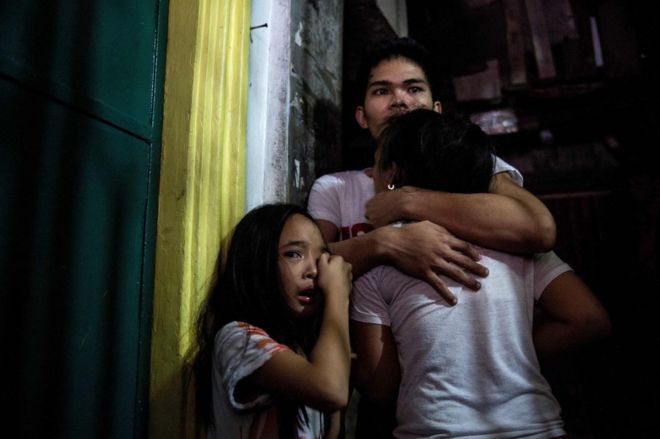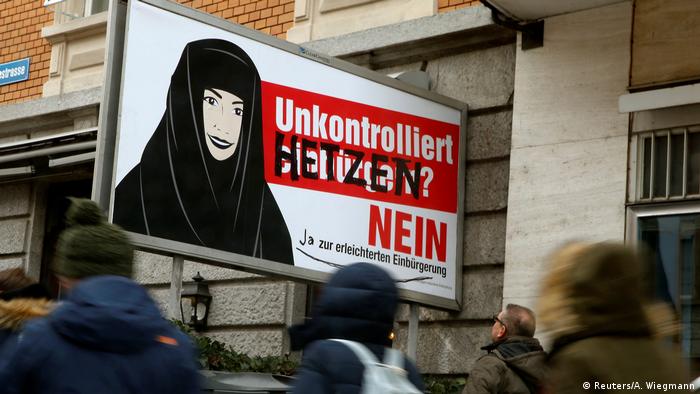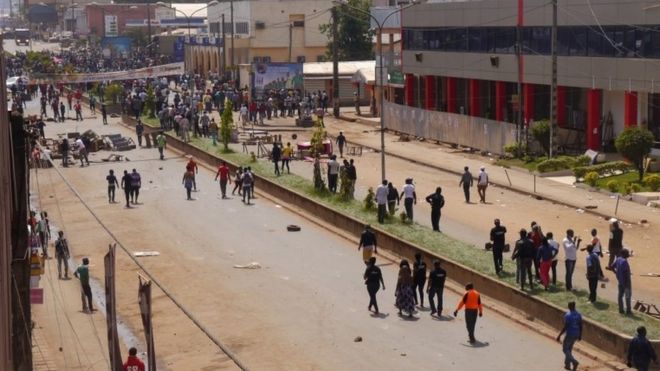By: Nicole Hoerold
Impunity Watch Reporter, Asia
MANILA, Philippines- In July 2016, Philippine President Rodrigo Duterte launched a “war” on the drug trade, authorizing police to crackdown and even open fire when threatened by suspects. More than 7,000 people have died since the launch of the anti-drug campaign.

In early 2017, Amnesty International accused the Philippine police of “systematically planning” extrajudicial killings and of being unnecessarily brutal in achieving its goals. The organization released a report this year in which it outlines the actions of President Duterte and his police force. The report even suggests that the killings could constitute crimes against humanity.
Eyewitnesses and families of the deceased have confirmed some unregulated and haphazard actions by the police. Amnesty International has documented several cases where witnesses described alleged drug offenders shouting their surrender at police, often on their knees or other compliant positions. It is reported that police still gunned them down.
Other organizations, including Human Rights Watch, are also concerned about the humanitarian offenses. Human Rights Watch recently called for the United Nations to lead an independent international investigation into the alleged unlawful killings by the Philippine police.
Not a single officer is known to have been prosecuted for extrajudicial killings or related crimes. President Duterte has not addressed any of these concerns. On January 29, Durterte stated in a news conference that he intends to continue his war on drugs until the last day of his term. Experts are concerned that this is an indication that the abuses will continue indefinitely.
On January 30, 2016, National Police Director-General Ronald dela Rosa declared a pause on the operation. The break is meant for “internal cleansing” following the alleged brutal killing of a South Korean businessman by the Philippine’s anti-drug police. Interestingly, nearly 100 Philippine police officers have been released by the department since the start of the year because they were found to be using drugs themselves.
It is unclear what is to come, but officials have made no indication to roll back on its attempts at cleansing the nation of its drugs and drug users.
For more information, please see:
BBC – Amnesty: Philippine police ‘planned’ drug war killings – 1 February, 2017
Amnesty International Report – “If you are poor, you are killed” – 2017
The Wire – Philippines Dismisses Nearly 100 Policemen For Drug Abuse – 12 February, 2017


